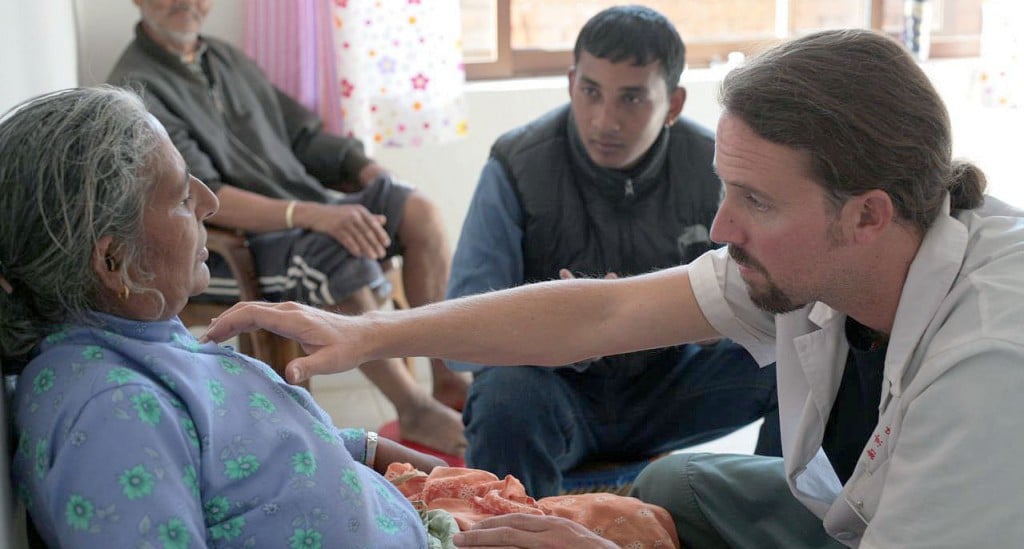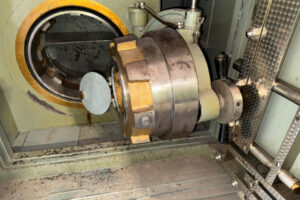When most of us are feeling ill, it’s a simple matter of calling our health care provider and scheduling an appointment. But there are people in other areas of the world who have never even stepped foot into a doctor’s office or had a routine dental appointment.
That’s where the Acupuncture Relief Project comes in. Started in 2008, it is free clinic that treats up to 120 patients a day in Nepal, one of the poorest countries in the world.
In addition to acupuncture, providers look for other health problems and refer patients to a physician or dentist if at all possible.
Acupuncturist Diane Wintzer, who works at Fearn Natural Health Clinic in Camas, recently returned from a five-week stint as a volunteer project coordinator in Nepal.
“We provide health care to people in extremely distressed communities,” Wintzer said. “We also try to do a little education to teach people how to take better care of themselves.”





